Free courses
Produced by The Open University, a world leader in open and distance learning, all OpenLearn courses are free to study. We offer nearly 1000 free courses across 9 different subject areas. Our courses are available to start right away.
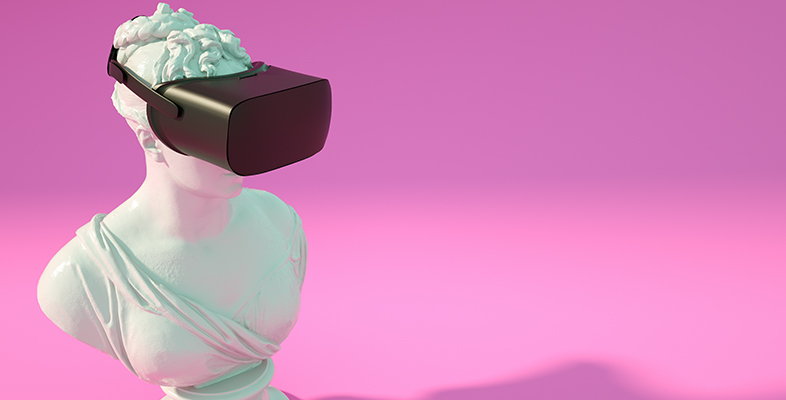 free course icon
level 1: introductory icon
free course icon
level 1: introductory icon
History & The Arts
Herodotus and the invention of history
With the information explosion online, how can you tell fake news from the real thing, or be more sensitive to how information can be weaponised? In the fifth-century BCE, a Greek by the name of Herodotus faced a similar challenge when he set out to examine why his people, the Greeks, and the Persians went to war with each other. Chief among his...
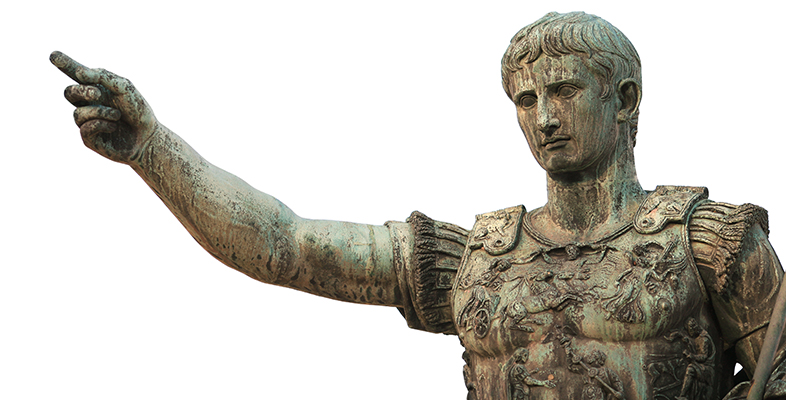 free course icon
level 1: introductory icon
free course icon
level 1: introductory icon
History & The Arts
The many guises of the emperor Augustus
This free course focuses on Rome’s first emperor, Augustus, who lived from 63 BCE to 14 CE. The rule of Augustus marked a significant political change in Rome, and Augustus’ position as emperor was initially fragile and controversial. Key to his success in holding onto power was his masterful use of visual propaganda to cement his position and ...
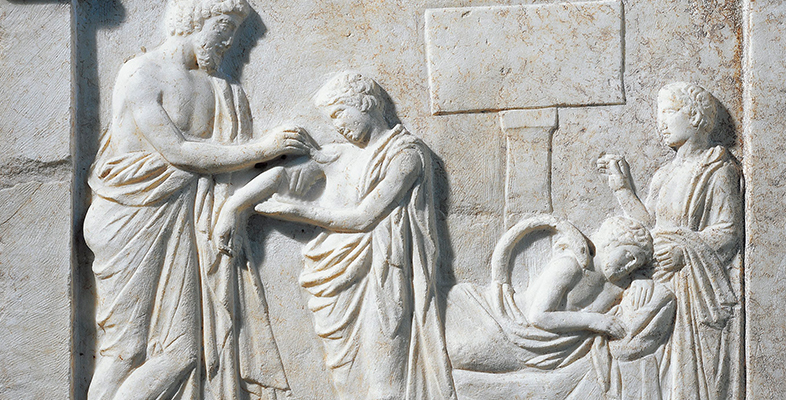 free course icon
level 1: introductory icon
free course icon
level 1: introductory icon
History & The Arts
Exploring ancient Greek religion
The ancient Greeks did not have a term equivalent to the English word ‘religion’. However, their world was populated by numerous figures they both recognised and worshipped as divinities. Among these figures was Amphiaraos, an ancient Greek hero who was later worshipped as a god and popularly associated with healing through the medium of dreams....
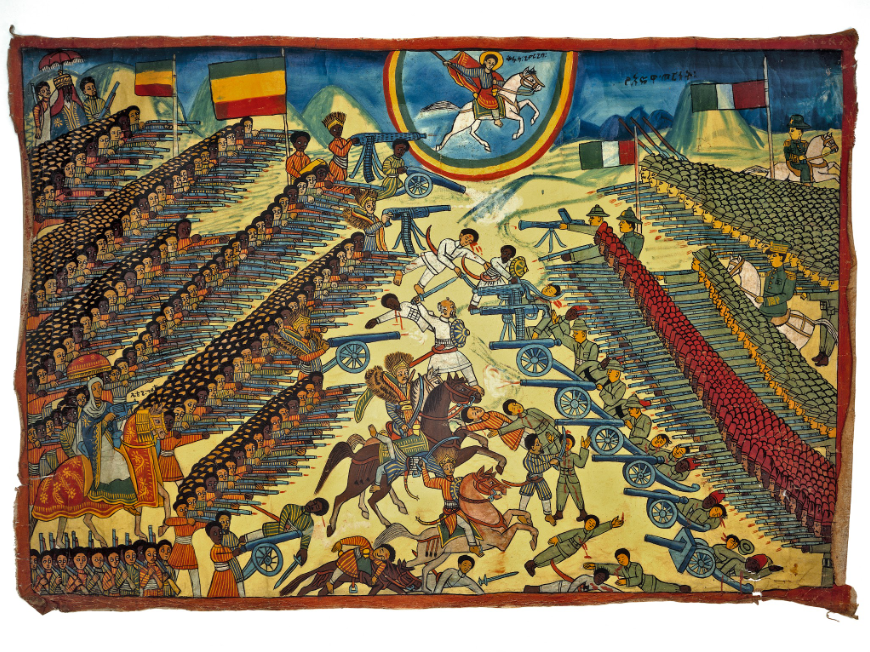 free course icon
level 1: introductory icon
free course icon
level 1: introductory icon
History & The Arts
Empires: power, resistance, legacies
Empires have existed throughout most of human history. They have spanned the globe. They have influenced the way we are governed, our systems of trade, how we use technology, our relationships with the natural world. They have shaped how we have seen, mapped and divided the world. They have profoundly affected how we have understood and ...
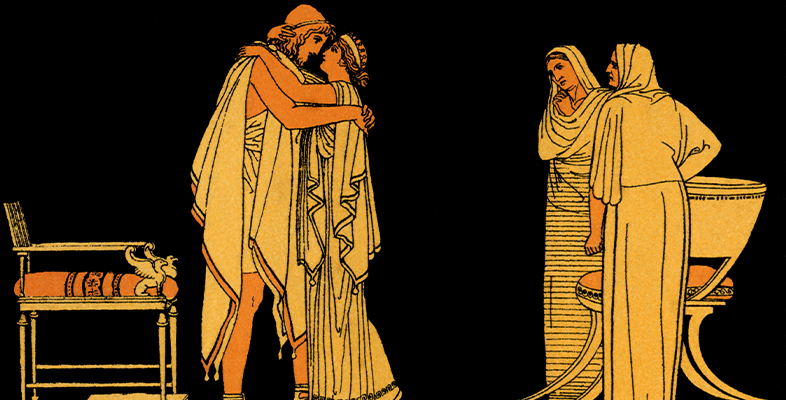 free course icon
level 1: introductory icon
free course icon
level 1: introductory icon
History & The Arts
Exploring Homer’s Odyssey
This free course introduces Homer’s ancient Greek epic poem, the Odyssey, which tells of Odysseus’ long journey home after fighting in the Trojan War, and his eventual reunion with his wife Penelope. Odysseus is famous for his cunning and his courage, and for the exploits he undertakes on his travels; meanwhile Penelope is renowned for her ...
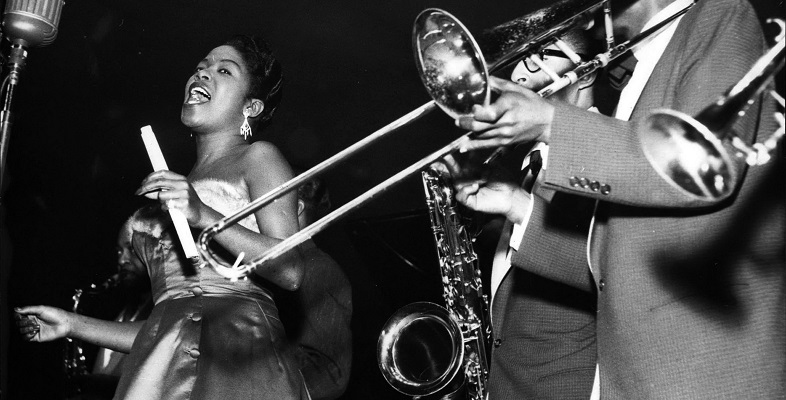 free course icon
level 1: introductory icon
free course icon
level 1: introductory icon
History & The Arts
Introduction to music theory 1: form
In this free course, you will learn how to identify musical form through close engagement with recorded of music, and studying examples of folk, popular, and classical music from several world traditions. You will explore a number of methods of representing form, including alphabetical designations (e.g., AABA), genre-specific terminology (e.g.,...
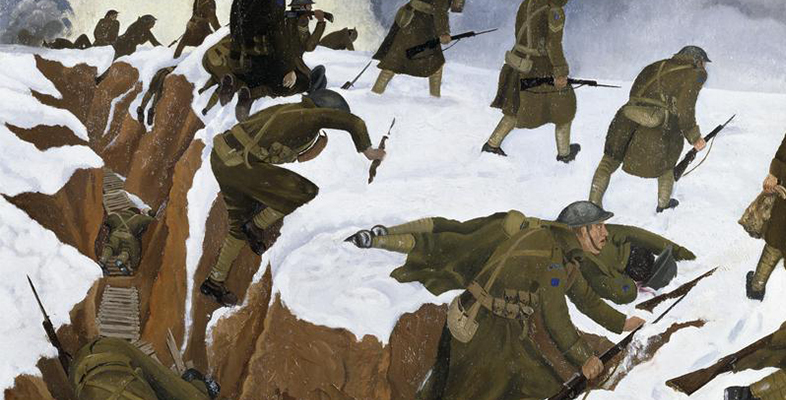 free course icon
level 1: introductory icon
free course icon
level 1: introductory icon
Education & Development
Teaching the First World War
This free course, Teaching the First World War, is designed for history teachers and their pupils. It provides a wide range of visual, textual and oral sources to enrich the teaching of the First World War. It covers familiar and less familiar aspects of the history of the First World War, ranging from the debate on the origins of the war and ...
 free course icon
level 3: advanced icon
free course icon
level 3: advanced icon
History & The Arts
What do historians do?
What do historians do? In this free course you will explore some of the ways that historians work to develop our understanding of the past. You will learn about three aspects of the historian’s craft through three topic areas: landscapes, infant health and criminal justice. Through the activities in the course, you will experience a wide range ...
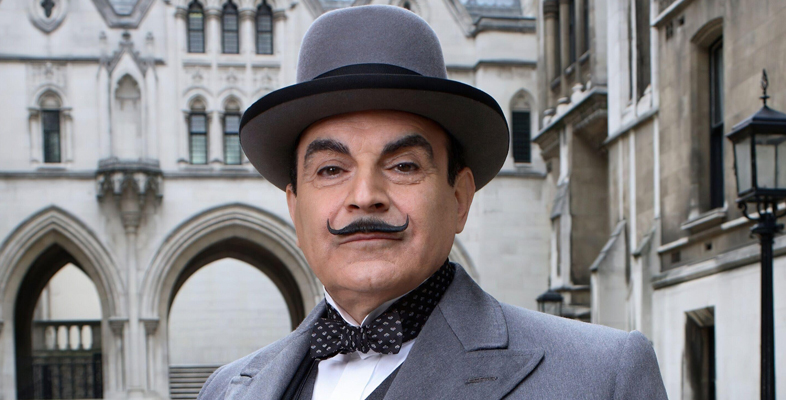 free course icon
level 3: advanced icon
free course icon
level 3: advanced icon
History & The Arts
Agatha Christie and the golden age of detective fiction
In this free course you’ll examine one of Agatha Christie’s most significant works, The Murder of Roger Ackroyd (1926), and explore the evolution of British detective fiction in relation to Christie’s background, literary modernism and the development of middlebrow fiction.
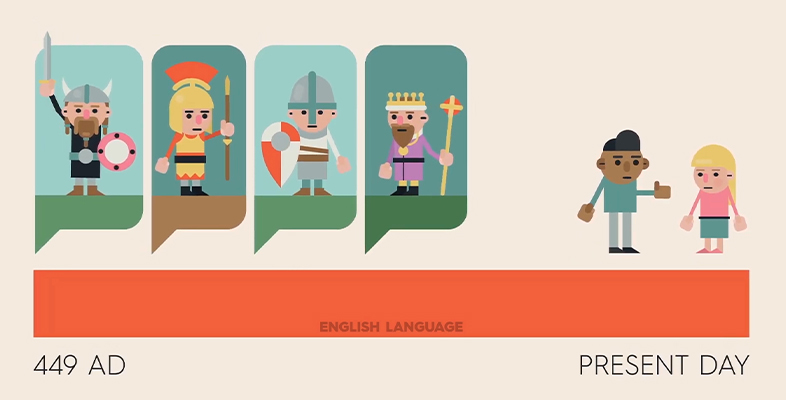 free course icon
level 1: introductory icon
free course icon
level 1: introductory icon
Languages
A short introduction to the English language
This free course, A short introduction to the English language, will look at the role language plays in our lives, with a particular focus on the English language. It will examine the history and the future of the language, from the Anglo-Saxons and Shakespeare to social media communication and stand-up comedy.
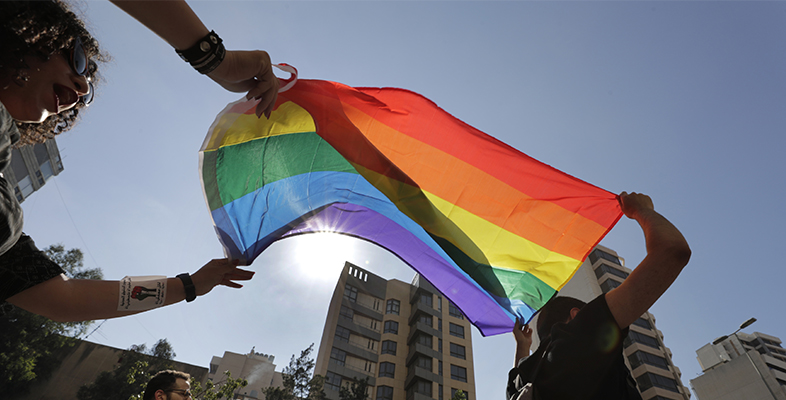 free course icon
level 1: introductory icon
free course icon
level 1: introductory icon
History & The Arts
Diversity in religion: Islam
In this short course, Diversity in religion: Islam, you will explore how attitudes and opinions within a single religious tradition can be internally diverse. You will look at Islam in particular, considering the diversity of Muslim attitudes to same-sex relationships. This will focus mainly on relationships between men because Muslim legal ...
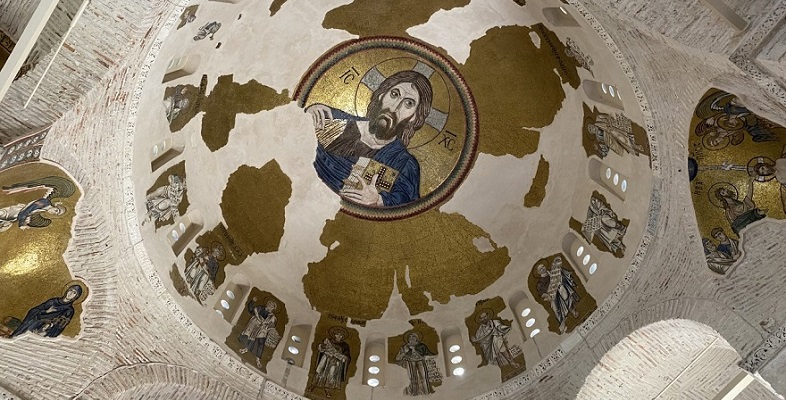 free course icon
level 1: introductory icon
free course icon
level 1: introductory icon
History & The Arts
The Byzantine icon
This course is a short journey into the rich world of Byzantine artistic production via its most illustrious representative – the icon.